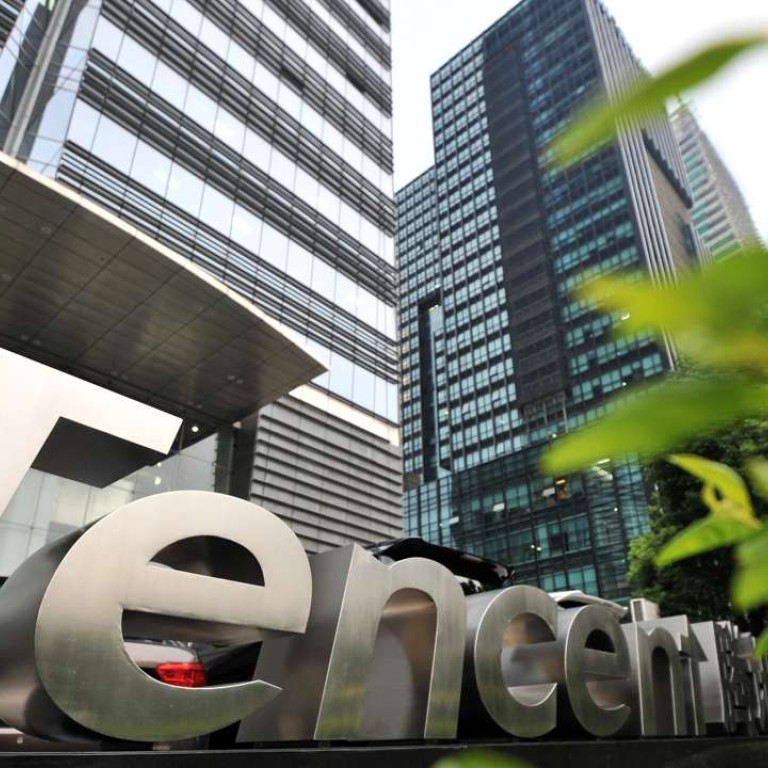
The Lok Ma Chau Loop is the Cyberport fiasco all over again
‘Lok Mau Chau is simply too far away and irrelevant for anyone living in or outside to visit or work in’
When the Hong Kong government announces another technology park, it is time to break out in a sceptical and apoplectic fit. The Hong Kong and Shenzhen governments intend to jointly develop an innovation and technology park at Lok Ma Chau Loop.
The 87 hectare “Hong Kong-Shenzhen Innovation and Technology Park”, with a site area four times of the existing Hong Kong Science Park, is supposed to be the largest innovation and technology platform ever set up in Hong Kong. You can always depend on a property driven response from the government to anything that has nothing to do with property.
Entrepreneurs struggling to prove their abiding faith in their visions only need a garage and a cluster of believers like the Home Brew Computer Club or their apartment like Jack Ma of Alibaba
Check the internet and you’ll find plenty of shared office spaces in Hong Kong for entrepreneurs. And resourceful entrepreneurs can more find collaborators on social media than in tech parks. Lok Mau Chau is simply too far away and irrelevant for anyone living in or outside to visit or work in.
The project recalls harrowing flashbacks of when the 26 hectare development of another misguided technology park, Cyberport, was announced in 1999. It upset the big property developers so much that Walter Kwok Ping-sheung, one of the family owners and a director of Sun Hung Kai Properties immediately requested a meeting with Chief Executive Tung Chee-hwa to demand an explanation of why a formal open tender was bypassed in favour of Pacific Century Group.
Financial Secretary Donald Tsang Yam-kuen uttered a lame explanation of needing to act quickly to ensure Hong Kong didn’t miss the world’s emerging technologies.
But, the only need it filled was an excuse for a luxury property development.
Seventy-five per cent of the area developed was for residential flats. Technology companies would only be allocated office space representing 17 per cent of the entire project. Cyberport was quickly ridiculed as a ghost town as the government owned section lacked tenants.
Only three Hewlett-Packard, IBM, Microsoft and Yahoo- none of them Hong Kong related companies, moved in as a tech stock slump hit markets. It took more than 10 years for local entrepreneurs and startups to begin seeing benefits.

Ironically, instead of proceeding immediately like Cyberport, the Hong Kong-Shenzhen Innovation and Technology Park will require seven years of development- far too long to make any difference today or in the future. Technology will be completely different in seven years; the social media may no longer be called social media. Fintech innovations would have come and gone.
Trying to imitate Silicon Valley’s distinctive, American innovation culture by clustering talent into parks is regressive for Hong Kong and Shenzhen. But the history of technology demonstrates one thing- few innovations are the result of government sponsored research parks. Entrepreneurs struggling to prove their abiding faith in their visions only need a garage and a cluster of believers like the Home Brew Computer Club or their apartment like Jack Ma of Alibaba.
When the Hong Kong government initiates tech parks at the height of tech stock valuations, traders know the market has peaked. It is more of an excuse for bureaucrats to say they are doing something than a bold plan to build the intellectual foundations of innovation. Huawei and Tencent are the big tech innovators in Shenzhen and they don’t need a park.
Every society gets the Marie Antoinette it deserves. Our bureaucrats’ ideas are cloying, servile and predictable.
Peter Guy is a financial writer and former international banker
Alibaba is the owner of the South China Morning Post.

